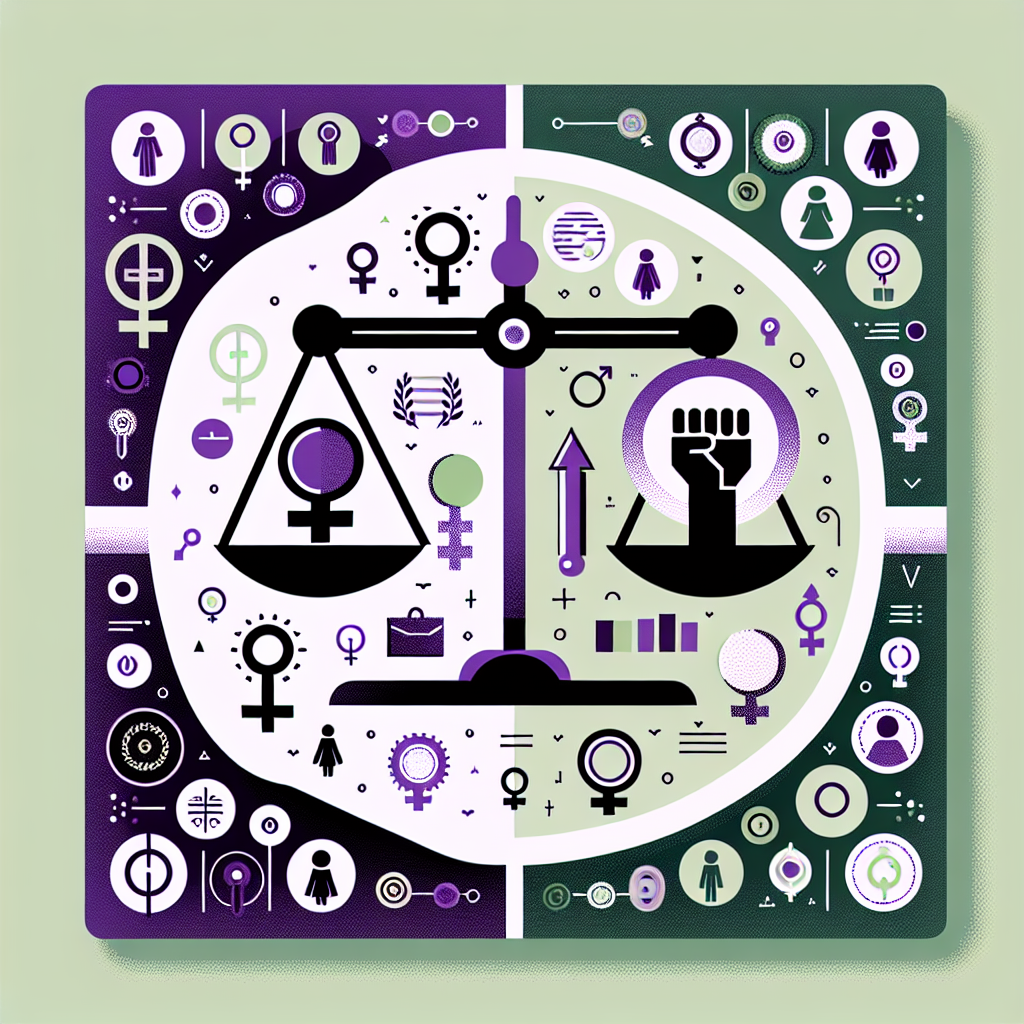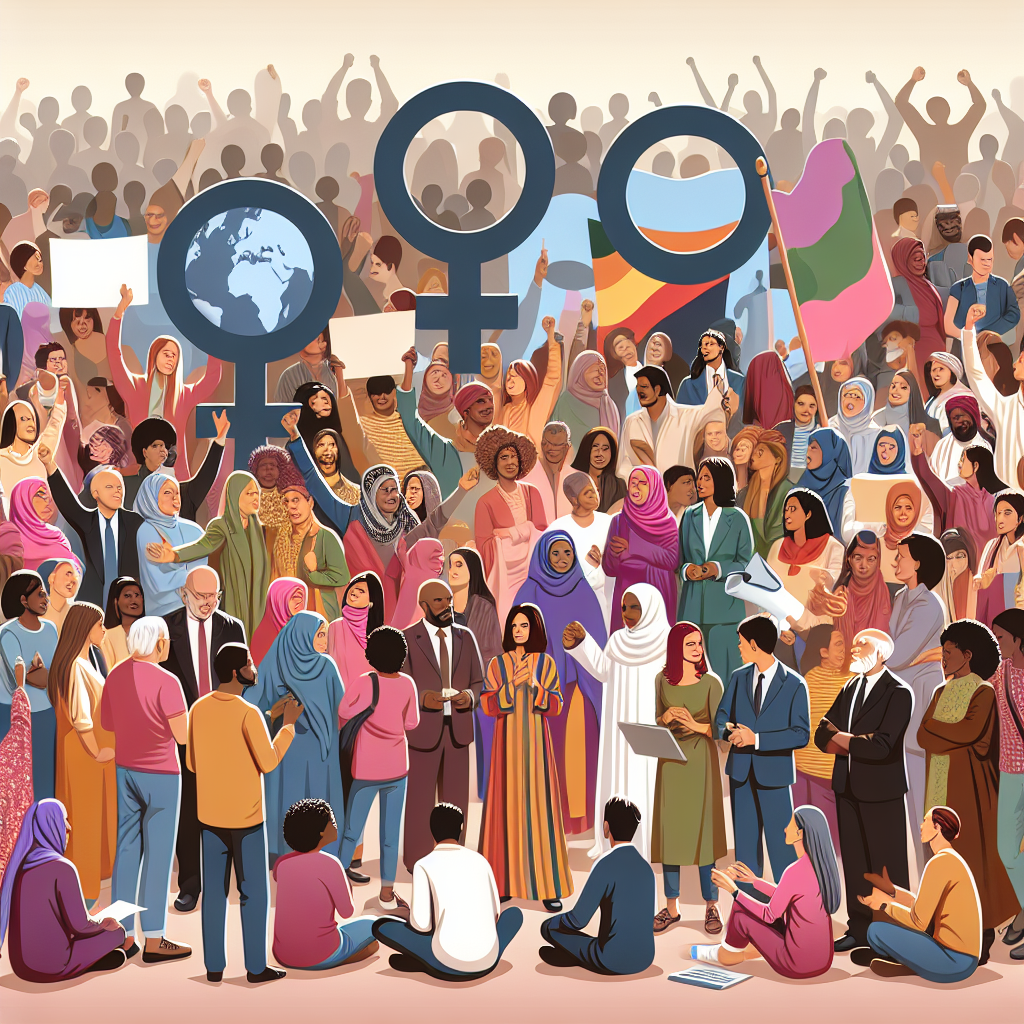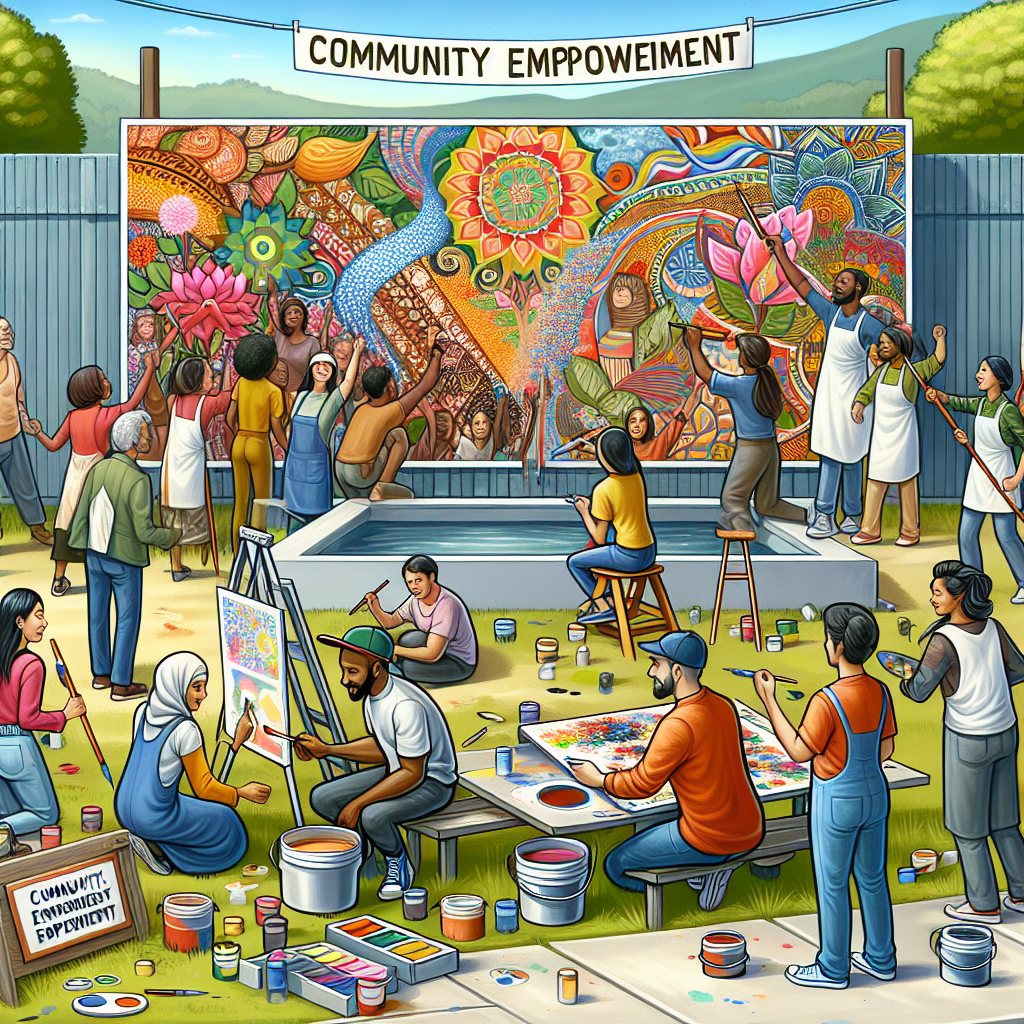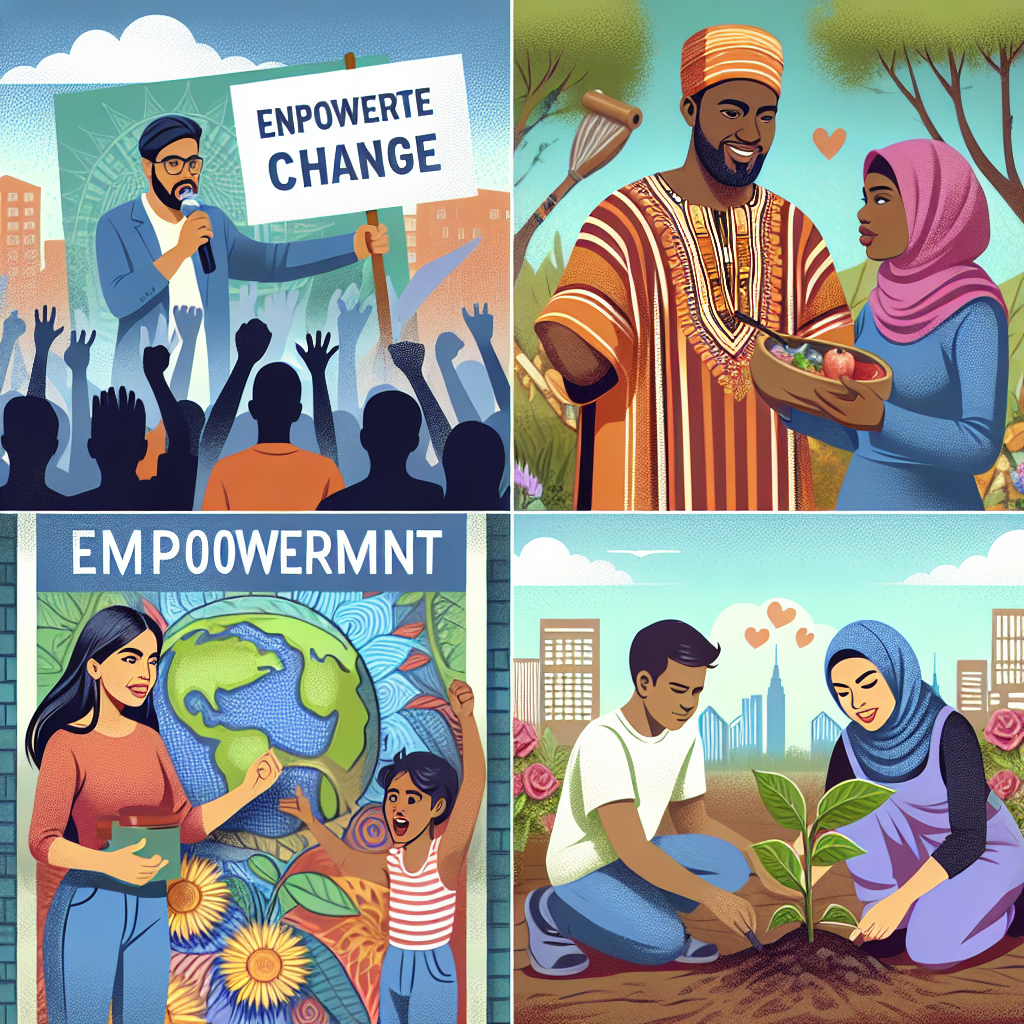
Importance of Equality
Equality between genders is not only a matter of fairness but also a prerequisite for a peaceful, prosperous, and sustainable world. Advocating for women's rights is essential to address the historical and systemic gender inequalities that persist in various sectors, including education, employment, politics, and healthcare.
Empowerment and Inclusion
Empowering women through advocacy initiatives enables them to realize their full potential, make informed decisions about their lives, and contribute to the economic and social development of their communities. Inclusion, on the other hand, ensures that all women, regardless of their background or circumstances, have equal opportunities to thrive and succeed.
Diversity and Intersectionality
Recognizing the diversity among women and understanding intersectionality are key components of effective advocacy for women's rights. By acknowledging and addressing the intersecting forms of discrimination that women may face based on their race, ethnicity, sexuality, disability, or other factors, we can create more inclusive and equitable societies.
Eradicating Discrimination
The eradication of discrimination against women is a continuous effort that requires collective action and commitment. Advocates for women's rights must challenge discriminatory practices and policies, promote gender-sensitive legislation, and support the implementation of measures that advance gender equality in all spheres of life.
References
[1] United Nations. "The Universal Declaration of Human Rights. " Retrieved from: https://www. un. org/en/universal-declaration-human-rights/
.







